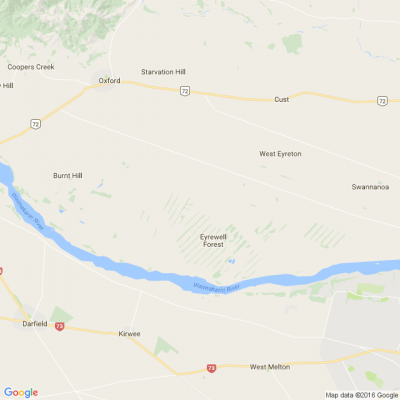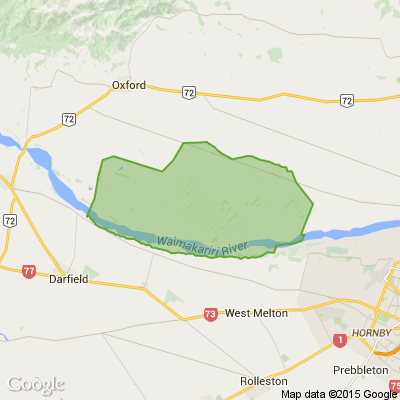Council questions ‘impossible’ drinking water standards
By David Hill, Local Democracy Reporter
Chlorine exemption applications have been withdrawn by the Waimakariri District Council due to ‘‘impossible’’ drinking water standards.
Mayor Dan Gordon said he has raised concerns with Local Government Minister Simeon Brown about the Water Services Act’s drinking water standards, which are imposed by national regulator Taumata Arowai.
‘‘In my conversation with the new minister I raised that it is almost impossible to achieve an exemption under the new standards, so maybe it is something that needs to reviewed,’’ he said at a council meeting on Wednesday.
The council voted to withdraw its applications for chlorine exemptions for the Rangiora, Kaiapoi, Oxford urban and Waikuku Beach drinking water supplies for now, and to write to Brown asking him to reconsider the standards.
An application for the Cust water supply was declined last year, while the Woodend-Pegasus exemption application is still being considered.
Three Waters manager Kalley Simpson said the council would have a better idea of what was needed to achieve chlorine exemptions once it had received feedback from the Woodend-Pegasus application.
‘‘We believe our applications in their current form would be declined, based on the Cust decision, so we need to withdraw and look to resubmit when we have done the necessary work.’’
He said initial estimates suggested it would cost up to $100 million to bring the six urban supplies up to an acceptable standard to receive a chlorine exemption.
The Rakaia Huts drinking water supply in the Selwyn district has received a chlorine exemption for five years, with conditions, Simpson said.
The council opted to chlorinate all of its drinking water supplies last year, after the Cust application was declined.
But Gordon said the council had not given up.
The Waimakariri district was one of the last to chlorinate its water supplies and the had long believed it had ‘‘gold standard’’ drinking water, which was fed to deep underground aquifers, Gordon said.
‘‘We have pushed back as strongly as we could and it is clear we are going to have to do more work to comply, but we are not giving up.’’
‘‘I don’t like the position we are in, but we are obligated to follow the law.
‘‘In order to achieve exemptions, the bar is incredibly high, so we need the new Government to consider whether that is acceptable.’’
Health experts recommend chlorine to kill harmful natural organisms that can grow in water, such as bacteria, viruses and parasites, and to make it safe to drink.
World Health Organisation studies show the small amount of chlorine needed to treat drinking water is safe for people.
Chlorine added when the water leaves the treatment plant continues to protect the drinking water by killing bacteria that enters the system, Taumata Arowai says on its website.
■ LDR is local body journalism co-funded by RNZ and NZ On Air.
Poll: Should the government levy industries that contribute to financial hardship?
As reported in the Post, there’s a $30 million funding gap in financial mentoring. This has led to services closing and mentors stepping in unpaid just to keep helping people in need 🪙💰🪙
One proposed solution? Small levies on industries that profit from financial hardship — like banks, casinos, and similar companies.
So we want to hear what you think:
Should the government ask these industries to contribute?

-
60% Yes, supporting people is important!
-
25.7% No, individuals should take responsibility
-
14.3% ... It is complicated
Poll: Do you have a go-to adverse-weather checklist for your family? ☔⚠️
As reported in the Press, the same low-pressure system that lashed the North Island over the weekend is now making its way south, bringing heavy rain and strong winds with it. It’s a soggy start to the week for many of us.
With more wild weather on the cards, we’re curious: do you have a go-to adverse-weather checklist for your family? Or are you more of a “grab the torches and hope for the best” household?

-
44.4% Yes - we like to be prepared
-
38.9% Nah
-
16.7% This is on my to-do list!
A Neighbourly Riddle! Don’t Overthink It… Or Do?😜
Do you think you know the answer? Simply 'Like' this post if you know the answer and the big reveal will be posted in the comments at 2pm on the day!
If you multiply this number by any other number, the answer will always be the same. What number is this?








 Loading…
Loading…